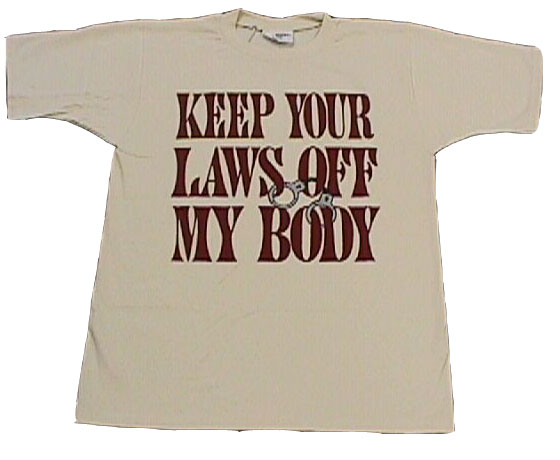The NY Times outdid itself last week with a truly awful article on dentistry. They started with just one fact:
Previously unreleased figures from the Centers for Disease Control and Prevention
show that in 2003 and 2004, the most recent years with data available,
27 percent of children and 29 percent of adults had cavities going
untreated. The level of untreated decay was the highest since the late
1980s and significantly higher than that found in a survey from 1999 to
2002.
They then apply the patented NY Times class-based story-generation model to assume a cause for this rise that is not supported by the study itself:
But many poor and lower-middle-class families do not receive adequate
care, in part because most dentists want customers who can pay cash or
have private insurance, and they do not accept Medicaid
patients. As a result, publicly supported dental clinics have
months-long waiting lists even for people who need major surgery for
decayed teeth. At the pediatric clinic managed by the state-supported University of Florida dental school, for example, low-income children must wait six months for surgery.
So is the rise in untreated dental problems concentrated in the poor? Well, they don't say, and there is not data for that in the study, but that does not prevent the NY Times from just assuming it to be so. In fact, the article itself contradicts this premise, by noting that the problem is not limited to the poor:
The lack of dental care is not restricted to the poor and their
children, the data shows. Experts on oral health say about 100 million
Americans "” including many adults who work and have incomes well above
the poverty line "” are without access to care.
By the way, how did they figure a 100 million don't have "access"? I don't know, but the figure is suspiciously close to this one:
With dentists' fees rising far faster than inflation and more than 100 million people lacking dental insurance...
Anyone want to bet that the NY Times just made its usual logical fallacy of equating lack of insurance with lack of access? And by the way, dental insurance is a HORRIBLE investment. I have priced it many times myself and for a normal family, it is much cheaper to just pay the dental bills, particularly since there are not that many things in your mouth that can go wrong that will be bankrupting. Trying to push everyone to dental insurance is a terrible idea. Every time there is a dental procedure in our family, it turns out there are several options for fixing it at different prices. We actually have the incentive to ask for these alternatives and make trade offs. What do you think would happen if we had insurnace?
In fact, I can think of a LOT of reasons why people don't go to the dentist as often as they should. One reason is that no one like the dentist. Another is people's busy schedules. And certainly rising costs are a factor -- As I mentioned before, our family makes very different decisions about treatment options than we used to with a fat corporate dental plan. Which is as it should be.
By the way, note the screaming socialism here:
The dental profession's critics "” who include public health experts,
some physicians and even some dental school professors "” say that too
many dentists are focused more on money than medicine.
"Most
dentists consider themselves to be in the business of dentistry rather
than the practice of dentistry," said Dr. David A. Nash, a professor of
pediatric dentistry at the University of Kentucky. "I'm a cynic about my profession, but the data are there. It's embarrassing."
I wonder. Does Dr. Nash accept a salary for being a professor? Then I guess he is focused more on the business of education than the practice of educating.
Oh, and by the way, how is socialism in dentistry working out?
In a survey of 5,000 people in the UK, six percent claimed that
they had done DIY dentistry, including yanking their own teeth and
fixing cracked crowns with glue. Apparently they resorted to such self
treatment because they couldn't get in to see a National Health Service
dentist "¦
One respondent in Lancashire, northern England, claimed to
have extracted 14 of their own teeth with a pair of pliers. In
Liverpool, one of those collecting data for the survey interviewed
three people who had pulled out their own teeth in one morning.
"I took most of my teeth out in the shed with pliers. I have one to go," another respondent wrote.


